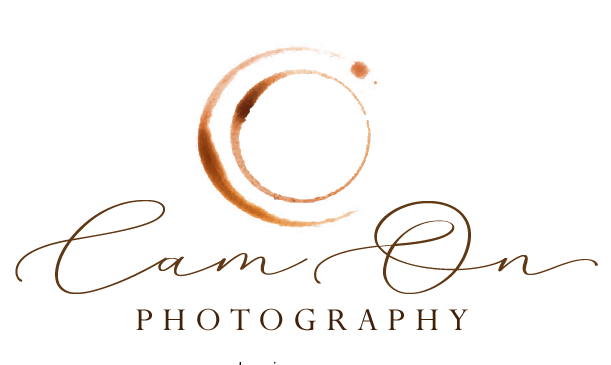Sex. It's that topic we can’t seem to avoid, no matter how much we try. It’s woven into the very fabric of our culture, like the pulse of a vibrant city that beats in the background of our everyday lives. And yet, depending on who you ask, it’s either an incredible bonding moment between two people—or something we whisper about in hushed tones, half ashamed, half curious.
Isn’t it funny how the discussion of sex seems to always come with strings attached? If you talk about it too much, you're labeled a slut. If you don’t talk about it enough, well, then you're a prude. Either way, it’s as if we’ve been taught to exist on the fringe of one or the other, but never quite in the middle, where our own desires and voices could flourish freely.
I grew up in a conservative home. For me, sex wasn’t an act of liberation or exploration; it was a "sacred bond" between a husband and wife—one that wasn’t to be experienced until marriage. To my parents, sex was a private affair. The idea of even thinking about sex outside of that context felt wrong. And yes, there was that infamous Chastity ring—an ornament given to daughters but more often seen as a symbol of ownership. It’s funny how we see these relics of conservative control more often on young girls, as if our sexuality is something that must be preserved or protected until the right moment, whereas boys are left with fewer of these markers and instead, are expected to "be men" sooner.
But let’s be honest, I wasn’t the only one growing up in an environment like this. For many women, our culture raises us to think of sex as a realm we don’t fully belong in. We’re taught that knowing what we like, or even wanting to know more about our bodies, is somehow "dirty." That to have a voice in the bedroom, to own our desires and confidently state our boundaries, is a rebellion against some unspoken rule of modesty.
The irony, of course, is that we’re simultaneously bombarded with a hyper-sexualized culture, one where women are sold as the object of desire but never the subject. Take a look at most pop culture depictions of sex: it's as if women are expected to be the recipients of pleasure, but rarely the ones to claim it.
According to the National Sexual Violence Resource Center, 1 in 6 women in the U.S. will experience an attempted or completed rape in her lifetime. That statistic is chilling, but it also speaks to something deeper—the pervasive feeling that many women grow up with: our bodies aren’t fully ours. They’re for others to use, manipulate, or control. For many of us, the act of sex, once meant to be an intimate act between two people, becomes something else entirely. A space where our consent may be ignored, where our desires are secondary, and our voices, if we even find them, are drowned out by the weight of societal expectations.
I remember being in a boudoir session with a client who exuded such confidence in her sexuality. She was sex-positive, unapologetically embracing her body and her desires. As we talked, she told me something that stayed with me: sex isn’t just about pleasing someone else, it’s about self-discovery. It's the place where women can finally learn what they want, what feels good, and what doesn’t. Her words rang with power—this was a woman who understood that her voice had the power to say “yes” or “no,” and that her body wasn’t just a vessel for someone else’s pleasure. It was her own.
The real tragedy is, we aren’t all taught this. In fact, many women still wrestle with their sexual identities, unsure of how to claim their own pleasure without being judged. We’re told to be both sexual and demure, desirable yet unattainable, passionate yet pure. It’s a juggling act, one that often leaves us feeling like we’ve fallen short no matter what we do.
But what if we didn’t? What if we as women could rewrite the narrative and stand unapologetically in the power of our desires? What if we could say, as that boudoir client did, that it’s okay to have a voice when it comes to sex, to demand respect, and to celebrate our bodies for all they are—flaws and all?
And what if we didn’t have to choose between being "too much" or "not enough"? What if, just for once, we could simply be—in every way that felt right, confident, and unashamed?
Could it be that, in the end, our liberation doesn’t come from how much we give or don’t give, but in how much we choose to own of ourselves—our desires, our boundaries, and our right to pleasure?
I guess the real question is: Can we finally let women be the authors of their own sexual narratives, without shame, judgment, or restriction?
